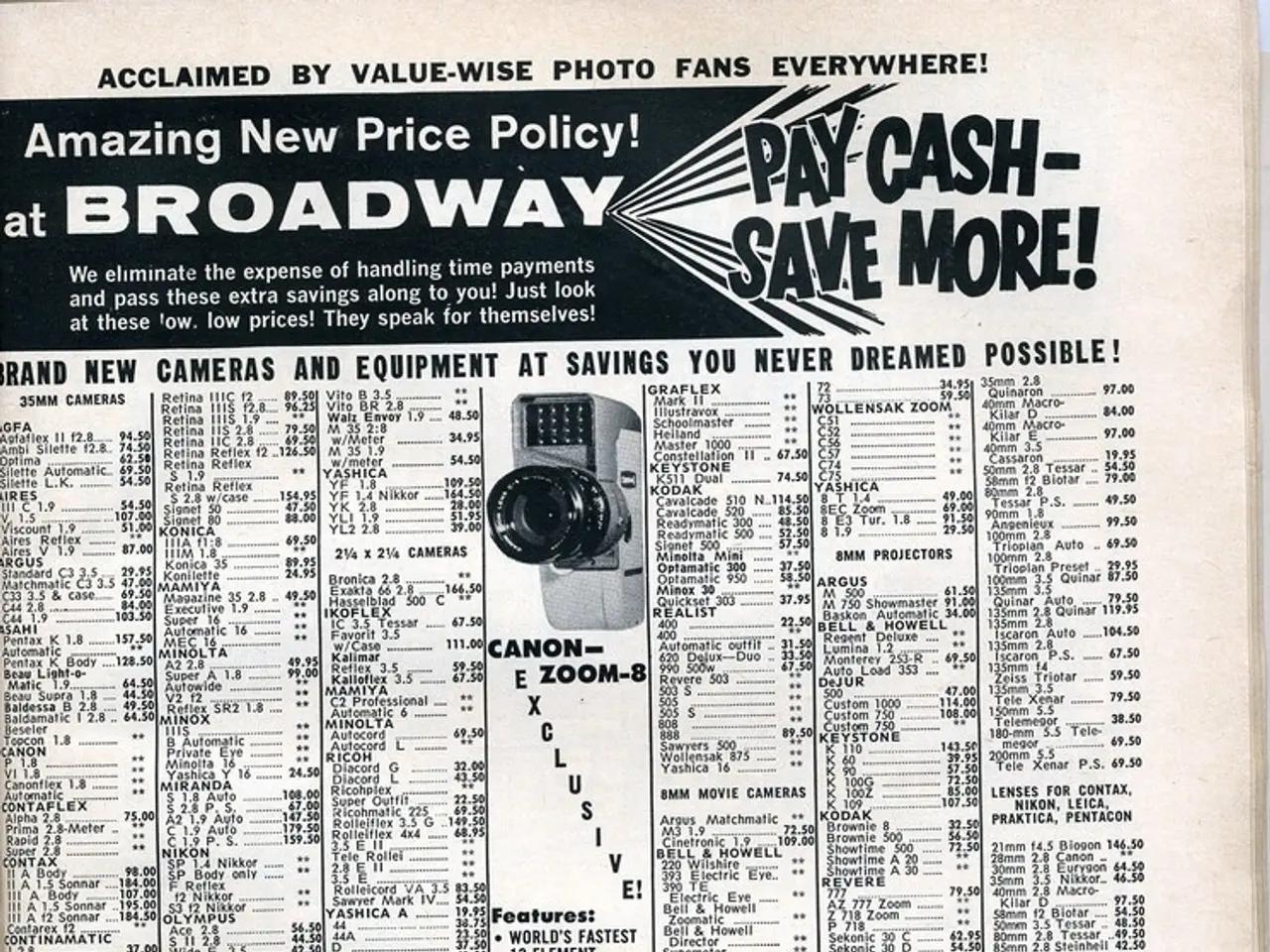Restrictions on gambling advertisements implemented by Google in Germany: potential impact on illegal gambling activities
Google is tightening its advertising policy for gambling in Germany, effective September 25, 2024. The tech giant will now require advertisers to hold a valid gambling license to promote gaming and sports betting offers on its platforms.
The new rules are part of Germany's broader regulatory effort to control gambling advertising and ensure compliance with new licensing laws. Providers advertising without a license will face tightened enforcement and diminished visibility on mainstream channels like Google.
Mandatory Licensing
Only operators with proper German licenses can advertise gambling and sports betting offers. This means that unlicensed providers will no longer be able to legally advertise gambling services on Google in Germany.
Pre-approval and Verification
Advertisers must be verified and receive permission from Google after submitting proof of licensing and lawful activity. This includes advertisers of comparison portals, who must prove and ensure that they do not place ads for offers that are not GGL-licensed.
Creative Restrictions
Ads cannot contain guarantees of winning or calls to enter games, and the use of celebrity endorsements is restricted unless formal contracts exist. Certain ad formats, such as Gmail ads, product advertisements, reserved media placements, and user ratings, will also be blocked for iGaming.
Risks for Unlicensed Providers
Unlicensed providers risk ad rejections and account suspensions if they attempt to target German users without a license. They may need to resort to alternative ad networks with fewer restrictions, though these come with manual moderation and less reach.
Impact on Search Results
Someone searching for terms like "Online Casino without OASIS" might find editorial explanations about its illegality in Germany instead of dubious offers. This could potentially push back the black market in the long run.
Google has not yet commented on whether unlicensed providers in Germany could be banned from organic search results. However, it's possible that Google may present a warning for certain search queries or display results indicating the illegality of playing without an OASIS connection in Germany.
Despite the risks, Google continues to make money from these fraudulent advertisements, despite it not being in their interest. A large proportion of advertisers placing ads for the search term "online money making" have a criminal character.
[1] Source: iGaming advertising regulations overview.
- With the new regulations, online casinos based in Germany will need to have a valid license in order to advertise their services on Google, otherwise they risk reduced visibility on mainstream channels and possible enforcement actions.
- The changing landscape of advertising in the German market will also affect the lifestyle and financial sectors, as Google is tightening its policies to ensure compliance with regulatory efforts, which may impact general news and technology industries as well.




